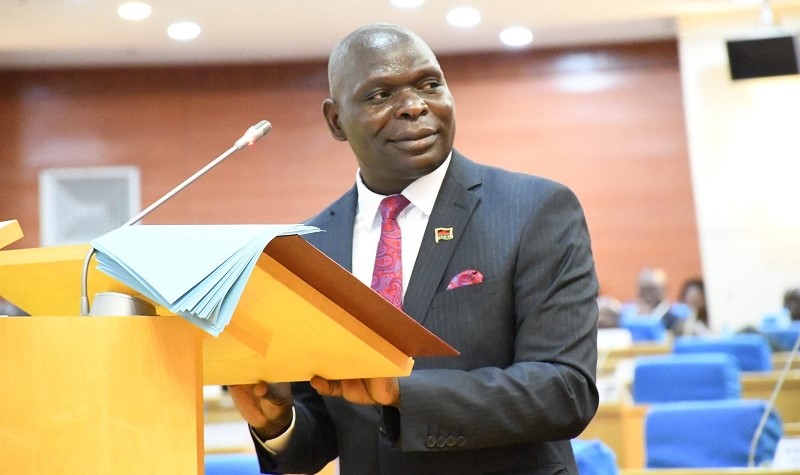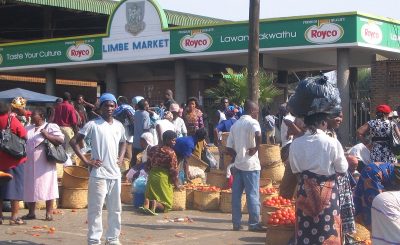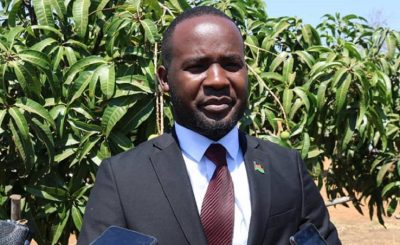The World Bank says it has resumed a direct budgetary support to Malawi, announcing a $137 million, about K232 billion package which consists of an immediate release of $80 million to support reforms and recovery and $57 million that can be triggered in the event of a crisis.
In statement released yesterday, World Bank Country Director for Malawi, Zambia, Zimbabwe, and Tanzania Nathan Belete said the Bank applauds Malawi’s authorities for taking tough but necessary decisions to stabilize an acute macro-economic crisis.
Belete said: “The World Bank applauds Malawi’s authorities for taking tough but necessary decisions to stabilize an acute macro-economic crisis. I am pleased the Bank is now able to respond with a substantial budget support operation that supports an ongoing program of reforms.
The Bank will also continue to work closely with the authorities and all international partners to protect the poorest while pursuing a much needed economic turnaround. Together, we must ensure this operation marks a turning point in the country’s economic fortunes.”
The World Bank Board of Executive Directors approved the “Malawi First Growth and Resilience Development Policy Operation with Catastrophe Deferred Drawdown Option (Cat-DDO)”, a $137 million package which consists of an immediate release of $80 million to support reforms and recovery and a $57 million CAT-DDO that can be triggered in the event of a crisis.
For the first time since 2017, the World Bank is providing Malawi with budget support that will help the country enhance fiscal sustainability and transparency, stimulate private sector-led growth, and increase resilience to shocks.
The Bank says the Government of Malawi has demonstrated commitment to address macroeconomic imbalances, unsustainable debt, and longstanding structural and business environment constraints inhibiting private sector-led growth.
The Bretton Woods institution adds that the country is taking robust steps to restore macroeconomic stability through addressing long-standing fiscal, monetary and external sector imbalances, as reflected in the new Extended Credit Facility with the International Monetary Fund (IMF).
According to Belete, the Bank will also continue to work closely with the authorities and all international partners to protect the poorest while pursuing a much needed economic turnaround.
Reacting to the gesture, Minister of Finance Simplex Chithyola Banda says the resumption shows the confidence that the World Bank has in the ongoing efforts to reform the economy.
“This operation is a significant milestone in our ongoing reform journey. It shows the increased confidence that the World Bank has in our ongoing efforts to reform the economy and become a self-reliant, industrialized upper middle-income country by 2063,” said Chithyola Banda.
According to the Bank, the three-year term of the operation will be supported by continued engagement with the government in preparation of a second DPO in the series, monitoring and policy dialogue across the three pillars that include fiscal, transparency and public finance management (PFM) reforms; putting in place the conditions required to stimulate private sector-led growth; strengthening the resilience of the poor against shocks; and providing technical assistance.




